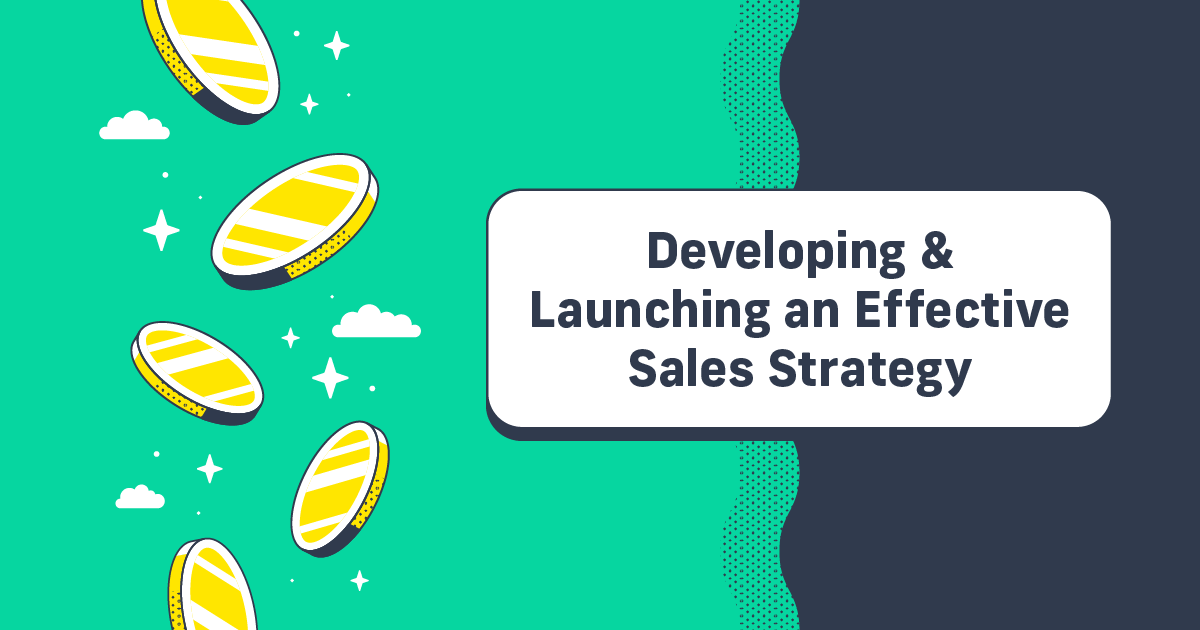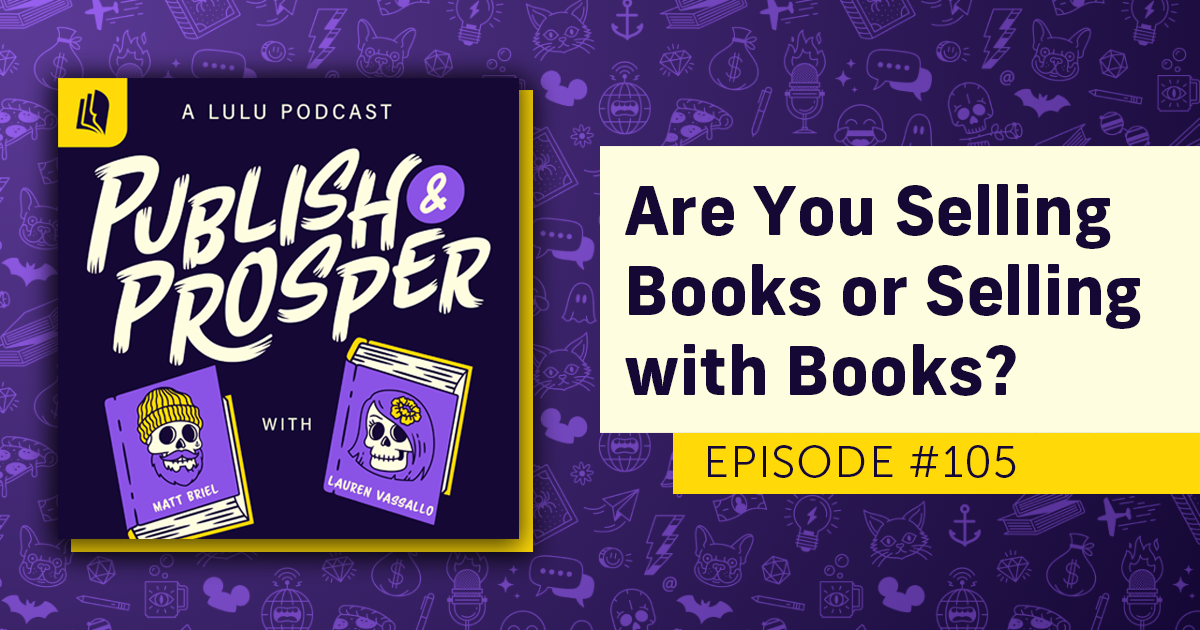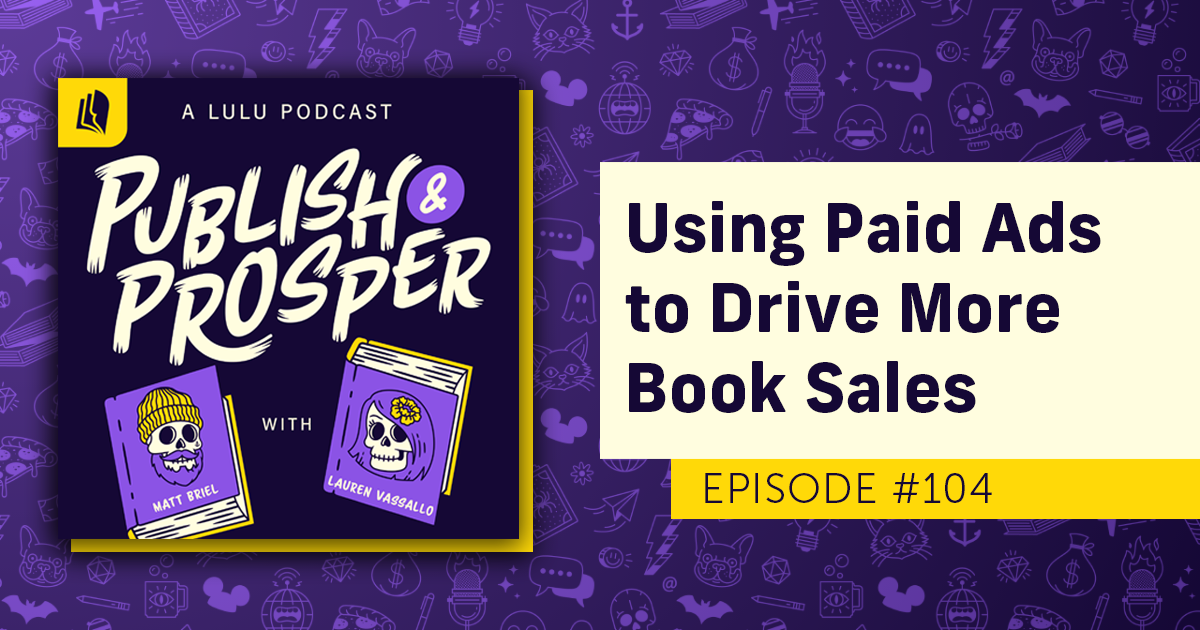How to Earn Media Attention: Essential PR Tips for Authors
I was watching a segment on Good Morning America this morning about high school seniors and the transition to living in a college dorm. The guest on the show was a parenting expert, licensed in her field, and also the author of a newly released book about parenting teens. I thought, now that’s an incredible media run! GMA as a first-time author? Wow. A unicorn.
What I want you to know, dear reader, is the work (and some luck) that landed this. How does one even get on a national morning show? This isn’t something that can be bought. Here’s what it probably took:
- An author who is experienced and recognized in their field
- A recent or soon-to-be-launched book
- Previous media experience – This is so that the producer of the morning show can see how TV-ready the guest is
- Probably a hired publicist on retainer who already had contacts with the segment producer at the show
- A completed media kit of possible interview questions and pitching points A timely executed pitch from the publicist to the producer, including a complimentary copy of the book and lots of follow-up, patience, and luck
- An author willing to drop everything in life, get to NYC (on their own budget!), and wake up at the crack of dawn for a 2-5 minute interview
Whew! That was a lot.
My point is that when launching a book, some PR and media initiatives are more attainable for new authors. While an author might strive for a major newspaper book review or national morning show, time can be spent more wisely focusing on media within reach. Below are some helpful ideas!
Defining Public Relations (PR)
Before reading more, let’s first define Public Relations (PR). Public relations is a strategic communication process that builds mutually beneficial relationships between organizations and their public. It’s essentially storytelling. PR can result in publicity, which is notice or attention given to something by the media. It’s exposure, the good and the bad. It’s not just TV, think online, broadcast, print magazines, newspapers, podcasts, etc… This is all earned media. It’s not something that can be bought like a paid advertisement. It also carries more weight than paid advertisements, as the audience understands it wasn’t purchased.
Is publicity always good? No. Can I control publicity? Also no. If I do nothing to publicize my book, will I get publicity? Again, no.
So what’s possible? As a former book publicist, I spent years promoting books from a variety of genres and publishing paths. Let’s examine some strategies and common questions:
Do I Need a Press Release?
Yes, a press release is nice to have. It can establish the angles and benefits of a book for the media. If you compose a press release, do some research on best practices and keep the benefits you offer your audience front and center. Stay within ideal word counts and edit for brevity.
If you distribute the release via a release distribution company, it does not necessarily mean anything will happen. The magic is in personalized outreach to relevant media. This means using unique angles about you or the book to reach out to the media for the purposes of gaining interest. Unless you’ve hired a professional publicist who already has lists of media, you’ll need to research who the best contacts are at ideal media outlets. Essentially, this is detective work on a website’s “contact” page, through LinkedIn, or other online sources.
Do you have a book that would be of interest on a local level? Use the release content to connect directly with producers at local TV and radio stations, and editors of local print and online media.
Are you a fiction author who would love to be reviewed by one of your favorite book bloggers? Use the release’s content to reach out to the blogger and let them know you’ll send a complimentary copy of the book in exchange for review consideration.
As you learn more about what grabs the attention of the media, you can refine your introductory pitch used for outreach. Sometimes, your author backstory is the most media-worthy component; make sure this is included in any media outreach.

Your Free Lulu Account
Create a Lulu Account today to print and publish your book for readers all around the world
How Can I Be Included at Live Events and Conferences?
Are there events that are pertinent to your expertise or genre? Apply to speak or offer your knowledge in some way. Maybe you’re an expert on a specific social media channel; apply for a speaker session at an upcoming marketing conference in your area. You’ll have a chance to be listed as the “Author of…” which connects your expertise to your audience and potential book buyers.
Book signings typically come to mind when thinking about author events. Due to a return on investment, mechanics, and resources, big box bookstores are less likely to host a book signing for an indie-published book. If you have your heart set on a book signing, contact your local indie bookstores and inquire about their criteria for hosting a signing. Or maybe think outside of the box for a venue other than a bookstore. Are there themes in the book about fitness? Maybe a local gym or sporting goods store would be open to hosting a signing. Restaurants and cooking supply stores are perfect for food-themed books.
Who Will Review My Book?
Yes, book reviews are publicity, as they are earned and not bought. Look for media that reviews books outside of traditional sources like The New York Times, The Washington Post, etc. For instance, if your book is about running, Runners World would be an ideal outlet to approach.
This takes research, and most media want to review books before they are released. It’s customary to send out media copies at your expense for this. Offer a digital or printed copy of the book, and ask the reviewer which one they prefer. Good reviews are not guaranteed; most times, if the reviewer is not a fan of the book, a review will not be published. Just because you send a complimentary copy to a media outlet does not mean they will review it.
A personal contact, follow-up, and a good topic/media tie-in are often necessary. This means you need to briefly inform the media contact why this is relevant to them. Does the book take place in the same geographical area as the media outlet? Is the book topic specifically interesting to the media outlet’s audience? If yes, briefly explain why. If mailing a printed copy, it’s a must to send a printed cover letter with the title, synopsis, author bio, ISBN, publish date, publisher, and contact information/author platform links. If emailing a digital copy, include the same information in the email.

Create Your Book
Use Lulu's free templates to easily create and publish your book today.
What Other Types of Media Should I Pursue?
Podcasts
Pitch your expertise as a guest on relevant podcasts. Most podcast websites will have a form or email connecting you to their producer or guest booker. Provide the producer with specific talking points and what the audience will get out of having you on as a guest. As a valued guest, you don’t have to pay to be on these podcasts, although, with some, you’ll see fees.
Bylined Articles
Look to connect with editors at online and print magazines (or newspapers if relevant) to pitch ideas for bylined articles. This means you offer an article not published elsewhere for free in exchange for your name/byline “as the author of…” Sometimes, the news outlets like to see the entire article, other times, they want to see a synopsis of points covered in the byline article. Be mindful of word count restrictions by outlet.
Guest Blog or Newsletter
Pitch your expertise to contribute content to appropriate blogs and newsletters. This works well if you have a newsletter and offer to swap content, introducing each other to a new audience. Send a variety of ideas and topics to have a better chance of landing the guest content feature.
Don’t Give Up!
These are just a few of the strategies that might yield some publicity for you as a new author. Outreach and securing publicity requires patience and determination. Not everything will work out. So, if you don’t see results immediately, change things up, try new angles, be persistent, and understand the media’s appetite for your book or expertise. There are no “easy buttons” in publicity as everything is earned. Determination and hard work will pay off in the long run.




